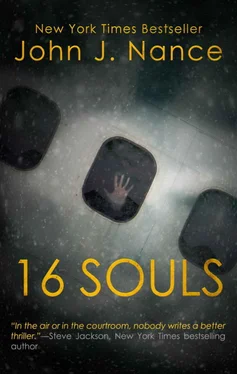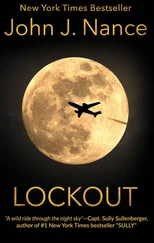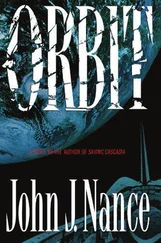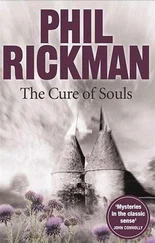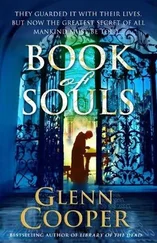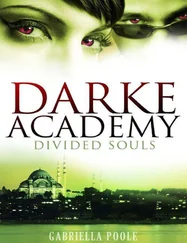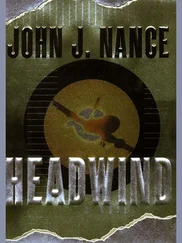His eyes flared, but the quick and angry retort that would have flown at her like a shotgun blast a month before was a hang-fire, and his jaw moved up and down a few times before he shook his head ‘no,’ while saying ‘yes’.
“Yes… I do trust you. But… what the hell am I missing?”
“I can’t tell you why just yet, but this is unfolding precisely as I would have designed it.”
“Judith… how? Didn’t he just throw me under the bus, for want of a better cliché?”
“He answered my questions correctly and honestly and, thank God, didn’t embellish. I asked if you were aware of the company’s statement that if you two didn’t slow down significantly for landing on Runway Seven, people would be killed. He said yes. I asked him to explain how he knew this, and he told us about the satellite phone call, how he had the sat phone button up on his interphone panel so he was hearing both sides. He testified about Butterfield pushing you hard, and he said it was crystal clear to both of you what Butterfield and the company were saying and what it meant.”
“That if I didn’t slow down…”
“That if you didn’t slow down during a landing approach for a fully plowed Runway Seven…”
“Yeah, Butterfield himself said that yesterday, but I didn’t expect a rubber stamp from Borkowsky!”
“It’s okay, Marty.”
“And this helps me how?”
Judith could see two of the other three lawyers leaning forward ever so slightly to hear the same explanation Marty was seeking. The third, a veteran criminal defense lawyer, was keeping an even expression but as Judith expected, not in need of an answer he already knew.
“It helps us, Marty, because in the end, the fact that you understood what Butterfield was saying is immaterial, and Richardson’s entire case hinges on it being material.”
Marty’s head went down as he exhaled loudly, his hands thrown up in frustration.
“I… shouldn’t even try to follow this insanity.”
“Again, Marty, trust me! Seriously!”
He was nodding, his expression grim. “I do, I will, but good Lord I don’t understand this. I thought criminal defense was supposed to be straightforward, and here I am with my life hanging in the balance and I find out it’s nothing but a fucking game!”
“I know it seems that way, and maybe it is to a certain extent, but it’s the best method we’ve come up with to try to get at the truth.”
He looked up, a sarcastic expression painting his features. “Yeah, and they can’t handle the truth, right?”
“Marty, they can’t handle the truth because they don’t know what it is. We do.”
Judith sighed as she checked her watch. “Okay, everyone hit the restrooms and let’s get back in there. Poker faces in place. Borkowsky is still my witness for cross. No talking on the way in. Everyone… especially Marty… did good walking down here. Please give me a repeat performance.”
The senior partners had promised Judith Winston the best support possible to defend a major criminal case, and the lynchpin of that support had come early in the trial preparation in the welcome form of a veteran criminal defense lawyer who also happened to be an old friend from her early days of practice.
Joel Kravitz, in his seventies, gave the visual impression of being ten years older, his craggy features, gravelly voice, and slightly stooped posture masking a razor-sharp mind that had navigated a half-century of criminal law. When Joel Kravitz and Judith were alone in the room, she looked at him the way an advanced student checks a beloved professor after a presentation.
“What do you think?” she asked.
He exhaled and inclined his head. “The basic plan, Judith is reasonably sound. But what you must do, without question, is convince that jury — or at least one of them — that in fact the airline was wrong about slowing down being the only way. You’re right, of course. Richardson is going for a straightforward kill on the statute. He’s not expecting this tactic. He’s so disgustingly angry… I can tell… he’s left himself open to a mistake like this.”
“His mistake?”
“Yes. Of course. But don’t get cocky. This is still a long shot and that jury will be more inclined to buy Richardson’s binary argument than follow your more complex reasoning.”
“God, I wish we knew, and could explain, how Marty lost control and dug a wingtip.”
“Speed had nothing to do with causing that. Well, I mean, I’m no flyboy, but the research does show that despite Butterfield’s statements, there was, in fact, a credible chance he could have made it, primarily because two thousand feet of Runway Seven had not been plowed further and would have provided back-door braking. That changed the equation. That uncertainty is a tiny thread, admittedly, but it’s sound.”
“So, you’re happy?”
He snorted, a twisted smile on his craggy face.
“HELL no! I’m never happy until double jeopardy attaches and my defendant is acquitted. Then I’m not happy ‘til I’m paid.”
“You’re a curmudgeon, Joel!” she teased.
“And that’s why you love me!” he replied.
Present Day — September 10
Police Department, Denver International Airport
Being summoned away from the courtroom at the height of a murder trial was both a relief and a worry; an uneasy balance between the targets of his curiosity.
Scott Bogosian glanced at his watch, which proclaimed him ten minutes early for the appointment that the chief of police of Denver International Airport had requested. Scott sat back and let his thoughts slalom freely around the last two days of Marty Mitchell’s trial, noting that his dislike of Grant Richardson had increased markedly. Maybe it was disgust that a pilot was being forced to fight for his freedom for doing his job imperfectly, a perception that triggered a feeling Scott did not want: a sense of common cause with the pilot. Or perhaps it was the smarmy intensity of the practiced litigator and the constant feeling that Richardson was sneering at anyone who did not believe Mitchell should be drawn and quartered without further ceremony.
Those, of course, were not the words Richardson had unleashed at the jury. His opening statement had been full of righteous indignation about a paid servant of a company with smarter people at the helm who had issued the gospel according to Regal Airlines, and the unbelievable, unforgivable act of the renegade captain to reject that wisdom. It was, Richardson said, open and shut, and the jury would find it very easy to dispense with the case by voting quickly for a guilty verdict. The rest, he warned, would be smoke and mirror verbiage from the defense solely designed to pull the jury off target. After all, he told them, the defense has no defense.
“It’s terribly simple, folks,” Richardson had said, as if talking to a tight team of intellectual equals about to be egregiously bored by morons, “…the law… The Law … okay? The law says, with crystal clarity, that when someone in this state knowingly causes the death of another, that person is guilty of second degree murder. ‘Knowingly’ means that you are informed that if you do a particular thing, it will cause a death, but you do it anyway, and, indeed, a death occurs. You’re then a murderer. No if’s, and’s, or but’s. No qualification. And that is precisely what the state will show: that pilot in command Martin Mitchell did something he was informed in no uncertain terms would, in fact, cause the death of at least one other human. He rejected that wisdom and did what he was told not to do, and sure enough, people died. End of case. Guilty is your only possible verdict.”
Читать дальше
